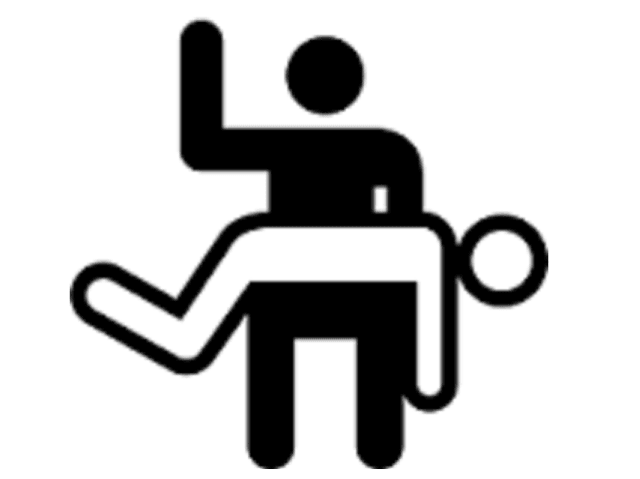Representatives of the Catholic Church in Scotland have declared they will oppose a new law prohibiting parents from spanking their children, on the grounds that the state is overstepping its authority by interfering in the way parents choose to discipline their own kids.
The Scottish government recently confirmed approval of a bill lodged by the Green MSP John Finnie, outlawing all forms of corporal punishment of children.
Although the new law enjoys the support of the Church of Scotland, the Catholic Church is against it.
Anthony Horan, director of the Catholic Parliamentary Office, an agency of the Bishops’ Conference of Scotland, said that the state should only interfere in the internal life of the family when extreme situations warrant it.
“It is not the role of the state to interfere in how parents go about building a strong relationship with their children, except in the most exceptional circumstances,” Mr Horan said, while also noting that there was little public support for a law that would criminalize parents for spanking (smacking, in Scotland) their own children.
Scotland’s Children and Young People’s Commissioner, Bruce Adamson, denounced the position of the Catholic Church, calling it “concerning.” Religious faith, he said, was being used to justify opposition to a smacking ban. He also put forward the example of a number of other countries with Catholic majorities – such as Ireland, Spain and Portugal – that have already outlawed corporal punishment.
Finnie, a former police officer who introduced the parliamentary bill, also claimed the Catholic Church in Scotland is at out of step with international opinion, noting that spanking has already been banned in the pope’s native Argentina.
The new law makes Scotland the first UK nation to ban all corporal punishment of children, although Wales may not be far behind. The Welsh Government reportedly wants to remove the legal defense of “justifiable assault” for parents who use corporal punishment to discipline children.
Currently in England, parents may spank their own child, but only when it amounts to “reasonable punishment,” according to section 58 of the Children Act 2004.
A year ago, the French parliament passed a ban on spanking children, which brought the global total to 52 different countries where corporal punishment in homes is against the law.
The law banned “any cruel, degrading or humiliating punishment, including any use of physical violence,” including spanking in the home.
Unsurprisingly, the first country to make spanking illegal was Sweden, in 1979, followed by Finland in 1983. The last to join the list before France in 2016 were Mongolia, Paraguay and Slovenia.
The decision of the French parliament followed on a symbolic reprimand by the Council of Europe in 2015 decrying France’s lack of a specific law “prohibiting corporal punishment in a clear, binding and precise way, including slaps and spankings, in breach of Article 17 of the European Charter of Social Rights.”
“To comply with Article 17, states’ domestic law must prohibit and penalize all forms of violence against children,” the Charter states, and the relevant provisions “must be sufficiently clear, binding and precise, so as to preclude the courts from refusing to apply them to violence against children.”
Legislation barring corporal punishment reportedly relies on the opinion of a majority of psychologists that such forms of discipline are ineffective or counterproductive.
Of course, the position of the Catholic Church in Scotland is not that spanking is good, but that it is not the role of government to tell parents how to raise their children.
Follow Thomas D. Williams on Twitter Follow @tdwilliamsrome

COMMENTS
Please let us know if you're having issues with commenting.